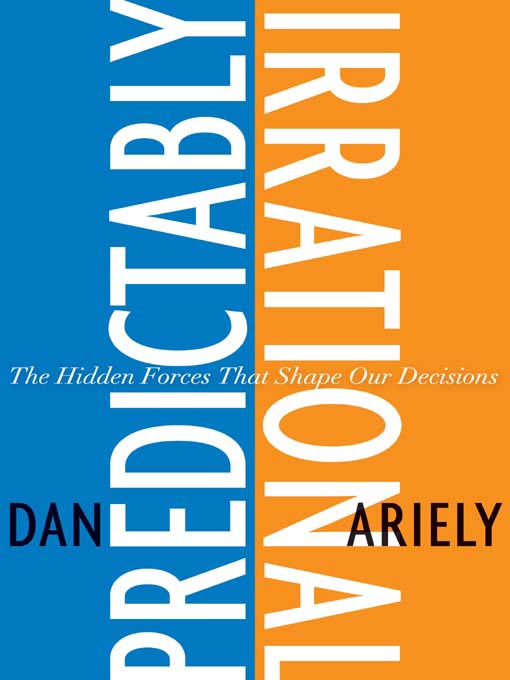Yesterday, with almost 58% of the vote, 22 out of 24 cantons in Switzerland voted to ban the building of minarets in the country. The party that put the motion forward claimed minarets are a “sign of Islamisation”. The Swiss government was quick to reassure the 400,000 Swiss Muslims that this decision was not to be interpreted as a rejection of the Muslim community.
I guess most people would shrug at this piece of news and point to Switzerland’s world-famous “neutrality”. Switzerland has notoriously distanced itself from world political alliances, wars, international organisations, etc., maintaining a neutral stance towards issues that most other countries grapple with on a daily basis. So no wonder it would seem to some that keeping the “status quo” by not allowing the building of minarets would be in line with Switzerland’s policies. But nothing can be further from the truth.
As Assaf Sagiv eloquently explained in the last issue of Azure (Hebrew/English), Switzerland’s neutrality comes at a very high price, as it ignores “many of the basic values that any enlightened nation is duty-bound to uphold”. Here are some facts from this article:
- Last April Switzerland hosted the UN Conference Against Racism, a.k.a Durban II, during which Iran’s president Mahmoud Ahmadinejad gave a typical Israel-bashing speech. Many European delegates walked out, but the Swiss didn’t.
- A delegation from Hamas – considered by the European Union as a terrorist organisation - was warmly received in Switzerland a couple of months later, where the foreign minister labelled the organisation as a “major player” in the Middle East.
- Last year, Hannibal Gaddafi, son of the Libyan dictator, and his wife were arrested in Geneva and later released in bail after beating their domestic staff. Libya withdrew $5 billion in protest from Swiss banks, hitting the Swiss where it hurts most and prompting the President to apologise publicly for the arrest.
- During World War II, Europe’s most testing hour in history, when good fought against evil for the future of civilisation, Switzerland did business with the Nazis. Hundreds of millions of dollars in gold, most of it looted from Jewish victims of the Holocaust, were exchanged into hard currency by Swiss banks, oiling the German military machine.
- Switzerland deported more than 30,000 Jewish refugees, most of whom were later murdered by the Nazis.
- As every Israeli knows, Switzerland dragged its feet for decades, refusing to grant Holocaust survivors and their families the right to reclaim capital they deposited in Swiss banks before and during the war.
These and other examples might help shed some light on Switzerland’s supposed “neutrality” and how it is used by the Swiss to further their interests (mostly economic ones) while claiming innocence. “Live and let live” is not an option in world where civilisations clash and where a stand must be taken. It is despicable that the Swiss would defend a blatantly racist policy of banning the building of minarets. By passing this vote, the Swiss have not only shown they are not neutral; they have aligned themselves with the worst of nations. Imagine how the world would have reacted if Israel had a law banning the building of minarets.


 The basic premise of behavioural economists is that humans are not necessarily rational when they make economic or financial decisions. One of the cornerstone assumptions of “traditional” economics is that we decide based on rational analysis of costs and benefits and seek to maximise our financial gains. It turns out this is not the case and many of our decisions are driven by “irrational” factors that defy the premises of traditional economics.
The basic premise of behavioural economists is that humans are not necessarily rational when they make economic or financial decisions. One of the cornerstone assumptions of “traditional” economics is that we decide based on rational analysis of costs and benefits and seek to maximise our financial gains. It turns out this is not the case and many of our decisions are driven by “irrational” factors that defy the premises of traditional economics.

